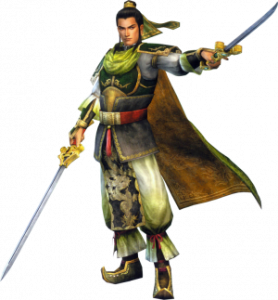So, here’s a game I’ve not played for a couple of years, but my friend came over to my place today and we spent a couple of hours with it. Romance of the Three Kingdoms XI. We’ve played all of them from VII onwards, and the series is commendably varied in its approach. In some you control a single general and can give orders based on your position; in others you may have different levels of control. In XI you don’t control any one individual, but the entire faction you have chosen.

And it struck me today that it really is a remarkably deep, genuinely strategic affair, in a way that few other games I can call to mind are. Every city is an individual unit, with its own production, farming, income, etc., and this all gets influenced by how you develop them and stuff. But the interesting part is how everything is quite discrete and the interactions have to be done consciously, by you. If one city is starving and another has plenty, you need to set up a supply transport to move grain. If you build a ton of spears in a secure province, you need to have them shipped to the front in order to use them. Your units themselves need to set out with food in order to stay in the field. It’s not a civ or city building game by any reasonable stretch of the imagination, but it is a game about war and not just fighting. It is a game about logistics. You have to worry about supplies, recruiting troops, keeping your cities in good order, developing your cities, keeping your generals loyal, locating and recruiting generals, diplomatic dealing with other factions, providing weapons, research, and money. On top of the fighting.
It really is categorically commendable, because it’s one of far too few wargames that seems to really care about this sort of thing. In Han China, you most certainly would have supply problems unless you planned very well. And as many are fond of saying, logistics is the difference between victory and defeat.
